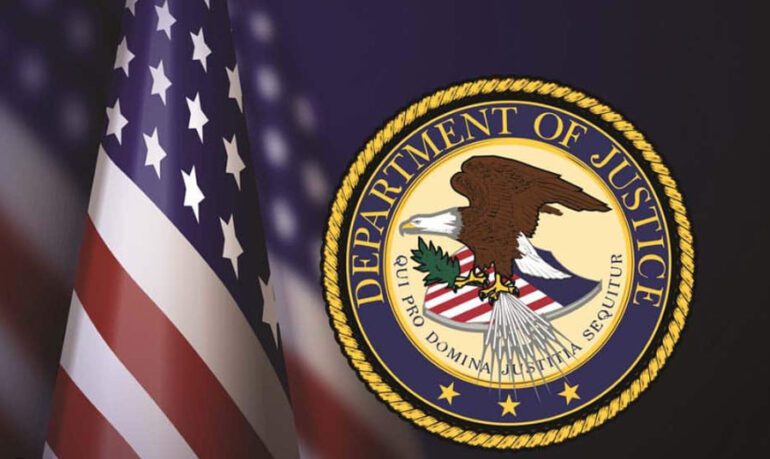TL;DR:
- Deputy Attorney General Monaco signals DOJ’s tough stance on AI-enabled crimes
- DOJ seeks harsher penalties for malicious AI use, akin to firearm-related offenses
- Launches Justice AI initiative to assess AI’s role in the criminal justice system
- Emphasizes the need for AI governance and testing for fairness, accuracy, and safety
- Highlights President Biden’s executive order on AI governance and DOJ’s new Chief AI Officer
- Companies urged to establish frameworks for AI risk mitigation and governance
Main AI News:
In a recent address at Oxford University and later at the Munich Security Conference, U.S. Deputy Attorney General Lisa Monaco underscored the Department of Justice’s (DOJ) commitment to robustly combat crimes facilitated by artificial intelligence (AI). Monaco emphasized the DOJ’s intention to pursue harsher penalties in cases where AI exacerbates the threat of misconduct, likening these penalties to those applied in firearm-related offenses. She stressed that malicious utilization of AI would be grounds for sentencing enhancement, signaling a proactive stance toward addressing emerging technological threats.
Furthermore, Monaco announced the launch of the Justice AI initiative, aimed at convening diverse perspectives to inform a comprehensive report on AI’s implications within the criminal justice system. This initiative reflects the DOJ’s proactive approach to crafting guidelines governing AI usage and ensuring the fairness, accuracy, and safety of AI systems deployed by government agencies. Monaco also highlighted the DOJ’s current utilization of AI to enhance investigative capabilities and manage substantial volumes of evidence efficiently.
While acknowledging the evolving legal landscape surrounding AI, Monaco emphasized the enduring applicability of existing laws and the imperative for rigorous enforcement. She cited President Joe Biden’s executive order on Safe, Secure, and Trustworthy AI as a pivotal step towards establishing unified governance principles for AI, alongside initiatives such as the Disruptive Technology Strike Force and the appointment of the DOJ’s first Chief AI Officer and Chief Science and Technology Advisor.
As the DOJ intensifies its focus on AI-related risks, companies are advised to proactively establish frameworks to mitigate such risks. This includes conducting comprehensive risk assessments, implementing internal protocols for AI management, and deploying controls to detect and address AI-enabled misconduct promptly.
The Department of Justice’s proactive stance underscores the imperative for companies to prioritize AI governance and risk management in an era of escalating technological complexity and evolving regulatory scrutiny.
Conclusion:
The Department of Justice’s heightened focus on combating AI-driven crimes underscores the growing imperative for businesses to prioritize robust AI governance and risk management strategies. As regulatory scrutiny intensifies and legal frameworks evolve, companies must proactively establish frameworks to mitigate AI-related risks and ensure compliance with emerging guidelines and standards. Failure to address these challenges effectively could expose businesses to legal liabilities and reputational damage in an increasingly technology-driven marketplace.

